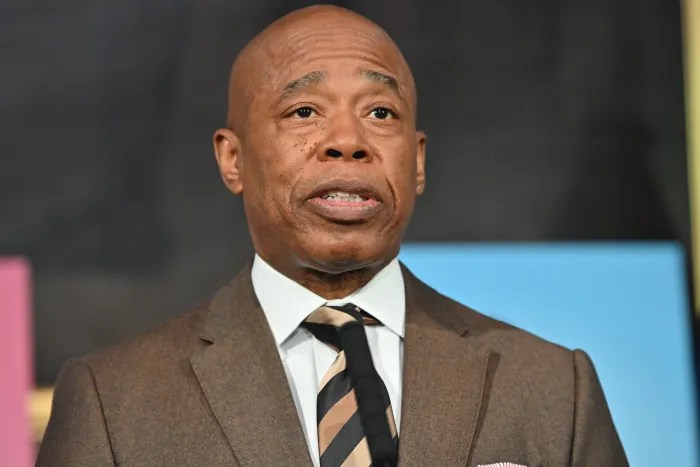By Joan Wettingfeld
James Madison was known, for example, as “Father of the Constitution,” and John Adams was dubbed “Old Man Eloquent” after a character in Milton. Because he had a far-reaching program that to some seemed excessive of his power, Andrew Jackson was dubbed “King Andrew the First.” Washington was known as the “Father of His Country” but also referred to as the “Old Fox” from a remark made by Lord Cornwallis the British general, and Jefferson was referred to as the “Father of the Declaration of Independence.As Presidents' Day approaches in February, we recall all of the men who served this nation in that capacity, each different, each owing something to his predecessors and each leaving a heritage to his successors. They are constant reminders of the power of our diversity, and that in terms of the nations of this world we are in our youth. It is always difficult to leave politics out of history, but concentrating on those aspects that deal with people and how they interacted allows us to explore another facet, another side of man's story.As national public figures almost every president had at least one nickname. Some of these were colorful, some most unflattering, but it is interesting to delve into the reasons behind them.George Washington, as we might expect, had at least three such nicknames. Less known is the “Surveyor President,” because of his youthful occupation, and more popular was “Deliverer of America,” for his service as commander-in-chief of the Continental Army. The best known of his nicknames was, of course, the one every school child recognizes, “The Father of His Country,” which alludes to his active role in sharing America's destiny when he served as our first president.Andrew Jackson was called “The General” for his service as a major-general in the US Army, but he is best known as “Old Hickory.” He was said to be “tough as hickory” because he defied his secretary of war and remained loyal to his soldiers needs and cared for his ill and wounded men.Several presidents were labeled the “Accidental President.” The first of these was John Quincy Adams, whose contemporaries claimed it was an accident that he got the majority of the electoral vote. Others were John Tyler, who succeeded to the presidency at the death of William Henry Harrison, and Millard Fillmore, who became president when Zachary Taylor died.James Polk, who unexpectedly defeated Martin Van Buren, was often called, “the First Dark Horse.” A tough disciplinarian during his command in the Mexican War, Zachary Taylor, our 12th president, was named “Old Rough and Ready,” but his closest friends, who knew his distaste for ceremony and his preference for plain clothes, preferred to call him “Old Zach.”Franklin Pierce, who was said to be extremely good-looking, was often called “Handsome Frank,” while James Buchanan, the only single president, was called “Old Buck,” short for Buchanan.As everyone knows, Abraham Lincoln, who had a reputation for truthfulness and unquestioned integrity, was known as “Honest Abe.” On the other hand, Ulysses S. Grant was deemed the “American Caesar” by enemies who worried about a possible third term, and “Butcher Grant” because so many of his soldiers died during the Civil War.Rutherford B. Hayes, who won one of the most fiercely disputed elections in our history and whose wife was nicknamed “Lemonade Lucy” because she served no wines or liquors in the White House during her husband's term of office, was known to Democrats as “The Dark Horse President.”Well-dressed and extremely charming., Chester Arthur was known as “Prince Arthur” or “First Gentleman of the Land,” while Benjamin Harrison, with a large stocky body set on short legs, was commonly referred to as “Little Ben.”When Theodore Roosevelt told reporters he “felt like a bull moose” after accepting the nomination by the Progressive Party, the nickname “Bull Moose” became popular, though he was often just called “Teddy.”The most popular nickname for Harry S. Truman was “Give 'em Hell Harry,” because of his fiery comments often directed at Republicans.In more recent times we remember that Dwight Eisenhower was popularly known as “Ike,” that John F. Kennedy was referred to as “J.F.K.” and that Richard Nixon was nicknamed “Tricky Dick.”Ronald Reagan was often known as “Dutch,” a name that originated from his father's remark that when he was born “he was a fat little Dutchman weighing 10 pounds.” Critics, however, referred to him as the “Teflon President.”


































